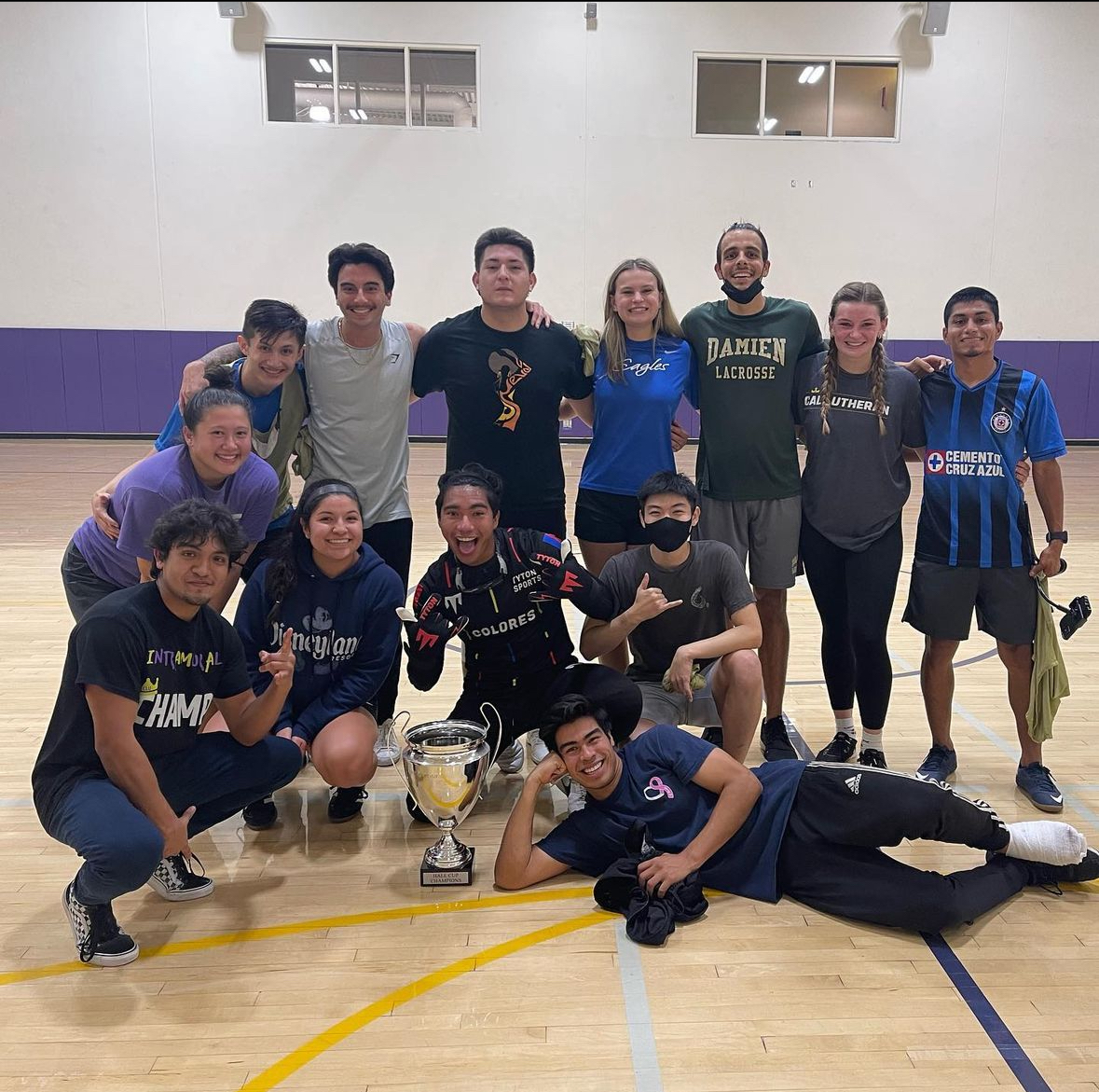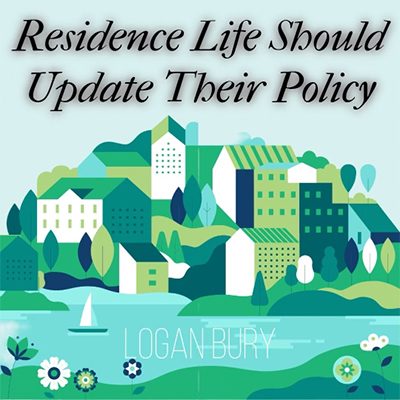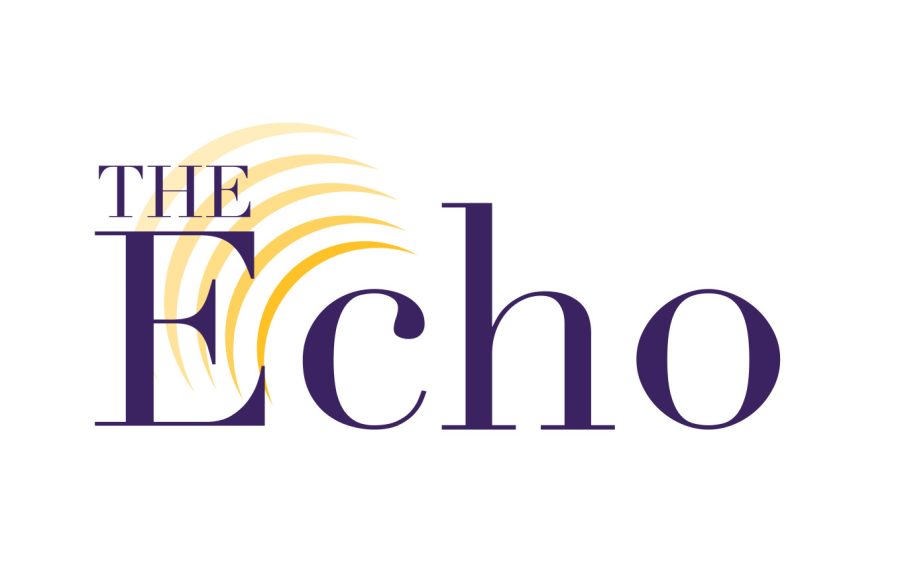If you’re going to spend more money on any one thing in your life, it should be the food you put in your body. In many cases the way you eat affects your long-term health and dictates how you feel. As ethical consumers, we need to be more aware of where our food comes from and be willing to pay what that food is really worth.
This past weekend, I had the opportunity to visit The Abundant Table, a local, non-profit farm in Camarillo. After an hour of weeding and learning about the processes of farming, I decided to support them by buying a small package of strawberries for the ride home.
Several of my friends told me that they couldn’t believe I would pay $7, when I could get almost twice as many strawberries at Ralphs or Vons for the same price.
It’s true that I wouldn’t spend this much every time, but for a special purchase that was grown sustainably without pesticides, this price is far from unreasonable. It is a valuable thing to know your money is going directly to a local business committed to educating our community about the process of farming.
Lisa Devine, intern program director at The Abundant Table, said the purpose of local farms like this is to foster connection to food and help those who visit be mindful about the way they buy.
There are so many other purchases that we accept a higher price tag on without a second thought. If you visit a tattoo shop, there is an understanding that to ensure higher quality, you should be willing to spend more. For some reason when it comes to food, a couple dollars more for fresh, sustainably-sourced produce is unacceptable to the modern consumer.
Industrial agriculture has skewed the perception of what food should cost. If a farm is operated without pesticides, like The Abundant Table, then they must pay for other solutions to pests.
Based on the fact that we celebrate holidays like Small Business Saturday between Black Friday and Cyber Monday every year and National Small Business Week in early May, it’s clear that Americans have a growing concern for supporting local businesses. Now we have a responsibility to extend this same care to our food systems.
As much as young adults may appear to care about health, only 41 percent of Gen Z and 32 percent of millennial respondents to a 2015 Nielsen study said they were willing to pay an additional premium for sustainably-sourced ingredients.
The truth is we don’t know much about the systems that bring us our food. When we find a bargain, it often means somewhere along the line some steps in quality or justice are being ignored. Most likely a worker is not being paid a liveable wage so that we can pick up pesticide-covered produce for a fraction of the price.
As a college student on a budget, I too have been the kind of shopper who puts the cheapest item in my cart. When you stop to look, though, the cheapest avocados come from Mexico, rather than here in California where we’re surrounded by avocado groves.
The problem is, it is difficult to trace the source of a lot of our produce to determine if workers are being paid liveable wages when the price is so cheap. If you try to search for the wages of Dole workers, for example, you’ll find what an IT engineer makes, but not those actually picking the fruit. We are so disconnected from the growing of our food that most of us don’t even think to look into this anyway.
For those who are concerned about the higher prices associated with buying organic produce, it only takes a few Google searches to figure out there are certain foods you should buy organic and others where it’s really not necessary.
The Environmental Working Group releases an annual “Dirty Dozen” and “Clean Fifteen” list, advising consumers on the levels of pesticide use in the production of certain crops. The 2019 “Dirty Dozen” includes strawberries, spinach, kale, nectarines, apples, grapes, peaches, cherries, pears, tomatoes, celery and potatoes.
USDA testing in early 2019 found more than 90 percent of these foods tested positive for residues of two or more pesticides. Strawberries have been at the top of the Dirty Dozen list for three years in a row and showed evidence of an average of 7 different types of pesticides. The results of several studies in 2018 showed the pesticides typically used on strawberries have been linked to elevated health risks, including infertility.
If avoiding these risks is what I’m buying with a little extra money, then I’m willing to do it. There are other areas to cut spending to make room for better choices in grocery shopping.
Rather than continuing to mindlessly eat on the go and reach for the cheapest option, consider the implications of those choices. Do a little research and check out the farmers’ markets and local farms like The Abundant Table available in your area. The prices are often not as high as you think and it is fulfilling to be able to meet the person who grew what you’re about to eat.
If you want to eat healthy and socially responsible food, you should know where it comes from and be willing to support those who grow it. When we make the choice of what we want to eat, it impacts others. It’s true the cost goes up when you shop locally and organically, but if you have the money, this is where it is worth it to spend.
Carly Aronson
Reporter







